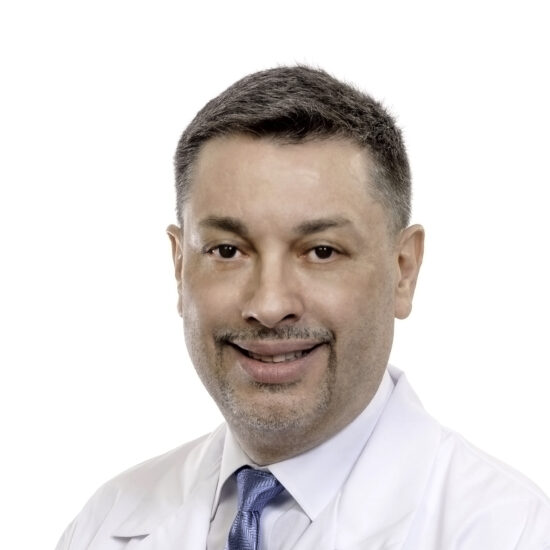Laboratory for Reproductive Endocrine and Inflammation Research
Dr. González Lab
Research Heading link
Our lab focuses on nutrient-induced inflammation in the development of key endocrine and metabolic abnormalities present in Polycystic Ovary Syndrome (PCOS); namely, ovarian dysfunction, insulin resistance, β-cell dysfunction and atherogenesis. We evaluate the mechanisms through which dietary components serve as proinflammatory triggers, and hormones serve as leukocyte sensitizers culminating in up-regulation of ovarian androgen steroidogenic and proatherothrombotic pathways, down-regulation of the insulin signaling pathway and β-cell damage in PCOS. We are currently studying the ability of nonsteroidal anti-inflammatory therapy to reduce hyperandrogenism and induce ovulation in PCOS.
Our approach involves translational studies that combine clinical research protocols for human subject interventions in a clinical research center setting with basic research techniques that evaluate inflammation at the molecular level in a laboratory setting. The overall aim is to provide clinical relevance to basic laboratory findings that bring innovation from the bench to the bedside.
Human subjects are grouped for comparison after selection by endocrine, metabolic or body composition features to control for confounders. Tissue obtained from human subjects is evaluated using a cadre of basic laboratory assays including RT-PCR, Western blotting, electrophoretic mobility shift assays, chemiluminescence, cell culture and ELISA.
Dr. González serves as the principal investigator of this novel research focus that has been established and perpetuated with the use of both NIH and institutional funding. Dr. González spearheads the focus by combining his clinical expertise in the care of women with PCOS, and his knowledge of clinical study design, endocrine and metabolic dynamic testing, and human subject recruitment with his formal training to oversee a basic research laboratory and troubleshoot basic research techniques.
We have a variety of collaborative investigators available in the UIC research community encompassing the fields of endocrinology and metabolism, surgery, and kinesiology and nutrition. These collaborators provide added capability with their own expertise in clinical and basic research techniques including the use of the euglycemic-hyperinsulinemic clamp (Dr. Haus), techniques to assess skeletal muscle insulin signaling (Drs. Baynard and Haus) and bariatric surgery to normalize metabolism (Dr. Elli).
Findings stemming from our lab are presented regularly at national and international scientific meetings, and have established a well-recognized brand among investigators in the field of androgen excess. Dr. González has furthered the brand by chairing national postgraduate courses that educate piers by translating research findings from our laboratory into clinical management.



